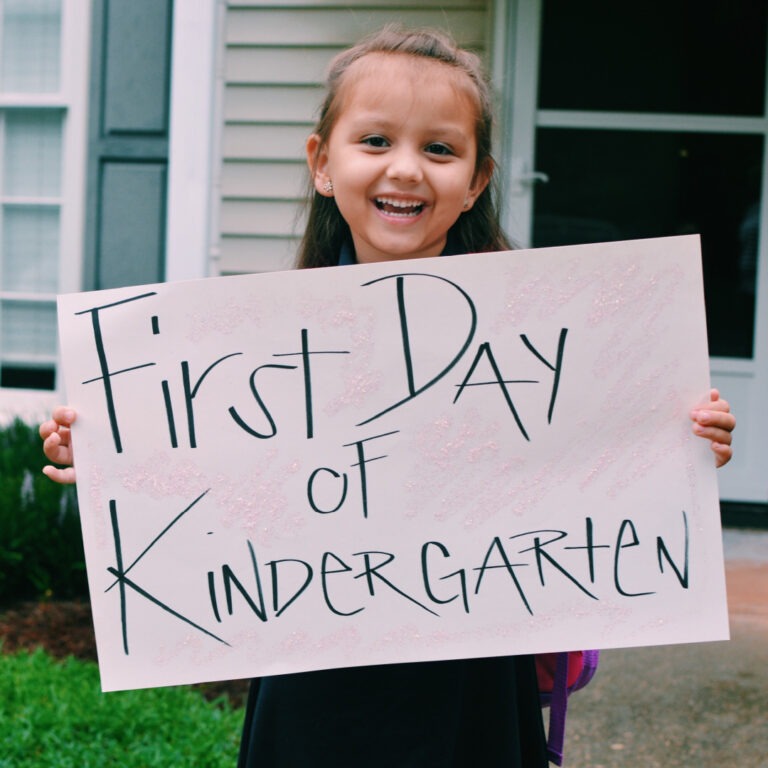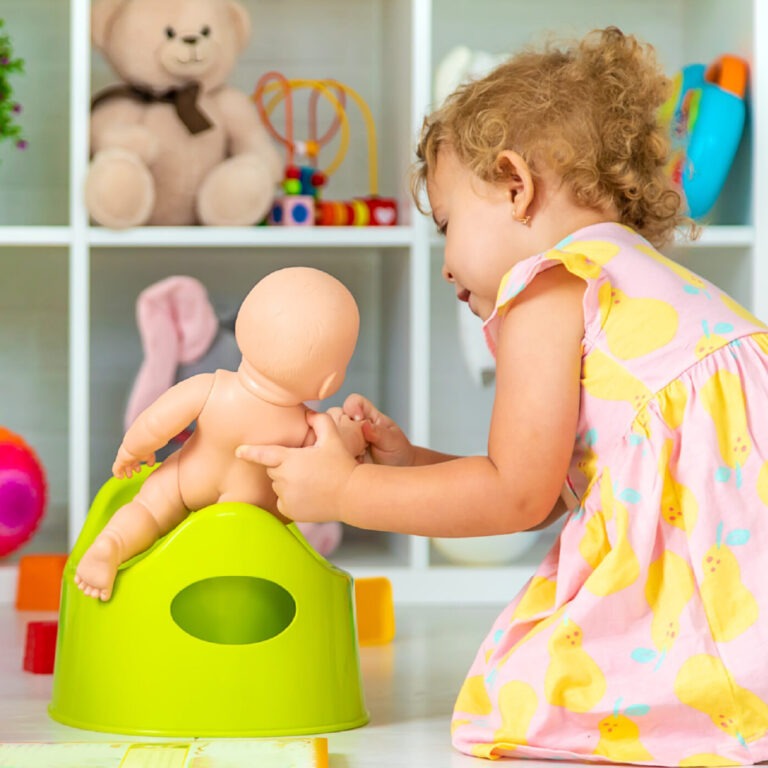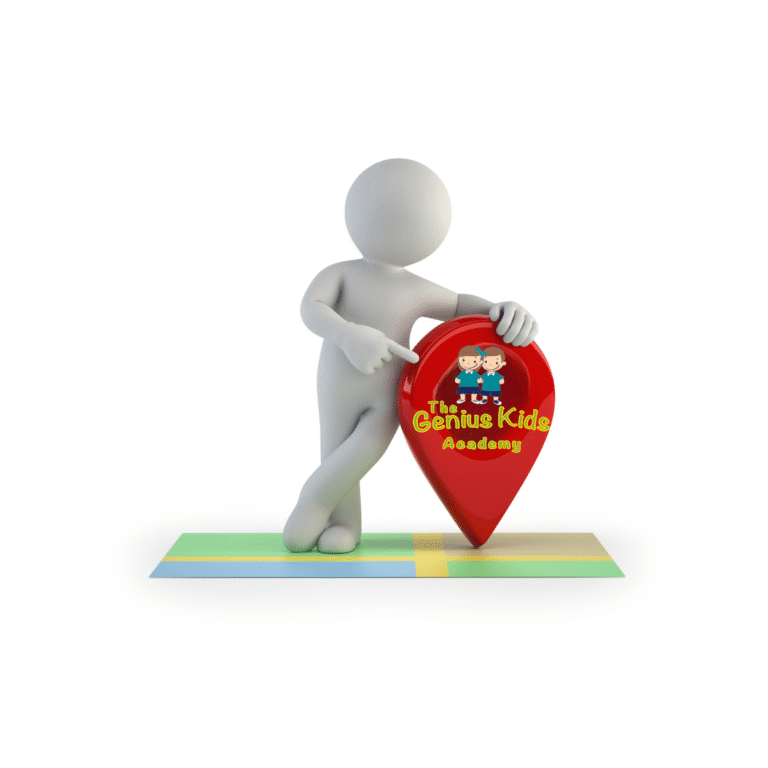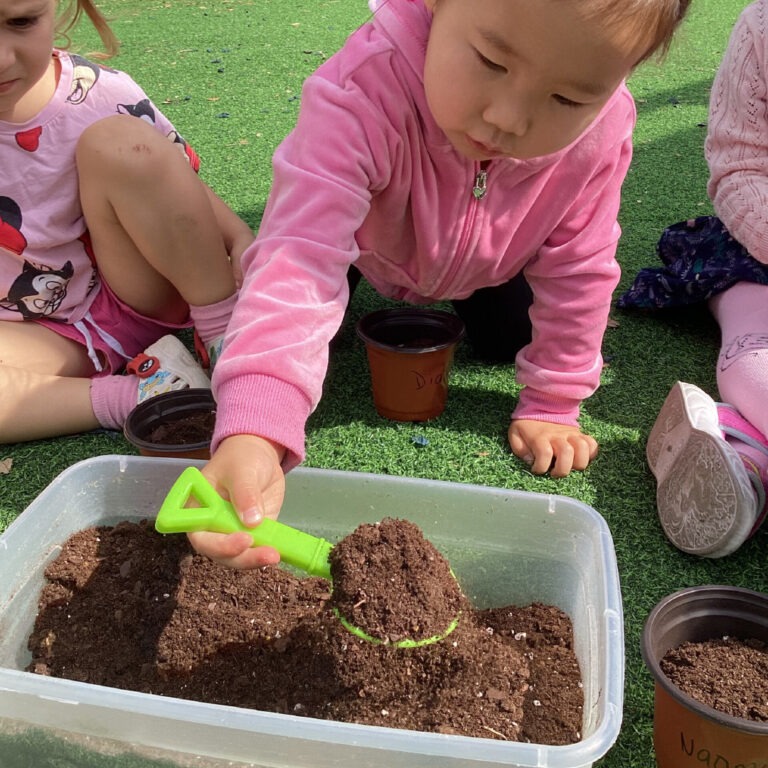Co-Parenting Done Right: Tips for Divorced Parents
Divorce changes family life, but love, stability, and teamwork can still thrive. Here’s how to co-parent with empathy, respect, and consistency — for your child’s best future.

Keep Your Child at the Center, Not in the Middle
Every parenting decision should start with one question:
“Is this what’s best for our child?”
Children should never feel like messengers or referees between parents. Shield them from adult conflict and reassure them that both parents love them deeply.
Communicate Calmly and Respectfully
Emotions may run high, but respectful communication keeps co-parenting strong. Focus only on topics related to your child’s well-being — their school, health, routines, and emotions.
If direct conversations feel tense, consider apps like OurFamilyWizard or TalkingParents to keep messages organized and civil.
Use “I” statements such as “I feel concerned about bedtime routines” instead of blame. This approach helps build mutual trust and avoids unnecessary conflict.
Stay Consistent Across Homes
Children feel secure when life feels predictable.
Try to align household expectations: bedtime, homework, screen time, and chores.
Even small consistencies between homes can reduce anxiety and help your child adapt more easily.
Speak Positively About the Other Parent
Even when you’re hurt or frustrated, resist the urge to criticize your co-parent in front of your child.
Children identify with both parents — speaking negatively about one can unintentionally harm their self-esteem.
Celebrate the good:
“I’m glad you had fun with Dad!”
“Mom makes great pancakes, doesn’t she?”
These small affirmations make a big difference.
Create a Clear Parenting Plan
A solid plan gives both parents and children structure and peace of mind.
Outline details such as:
- Weekly and holiday schedules
- School responsibilities
- Transportation and drop-off routines
- Emergency contacts
While structure matters, flexibility shows maturity. Being understanding of each other’s needs — and your child’s changing schedule — teaches resilience and cooperation.
Support Your Child’s Feelings
Divorce can bring up confusion and sadness for children. Encourage open conversations about their emotions.
Phrases like “It’s okay to miss Mom when you’re here” or “I know this feels different, but you’re loved in both homes”show empathy and validation.
Your calm reassurance helps them process big feelings safely.
Work on Your Own Healing
Your peace is your child’s peace.
Take care of yourself through therapy, support groups, or simply leaning on trusted friends and family. When you model emotional regulation and self-care, your child learns that love and strength can coexist with change.
Focus on Shared Goals
Even though your marriage has ended, your shared purpose — your child’s happiness and growth — remains.
Celebrate teamwork moments, no matter how small:
A smooth transition, a shared school event, a good report from your child’s teacher.
These small victories build trust and remind your child that both parents are united in love and care.
Final Thoughts
Children don’t need perfect parents — they need cooperative ones.
When they see two people working together with kindness and respect, even through differences, they learn that family is about love, grace, and understanding.
Your effort today builds your child’s emotional foundation for tomorrow.







